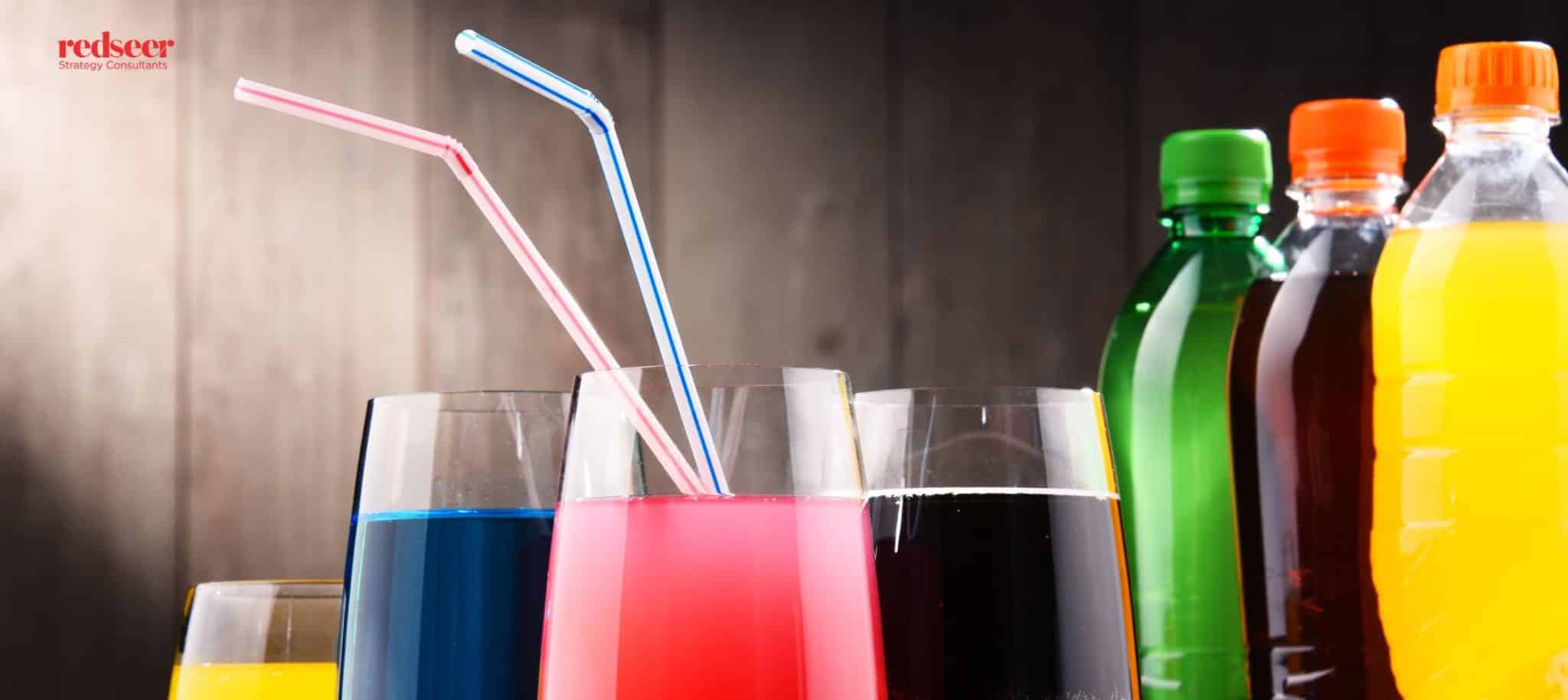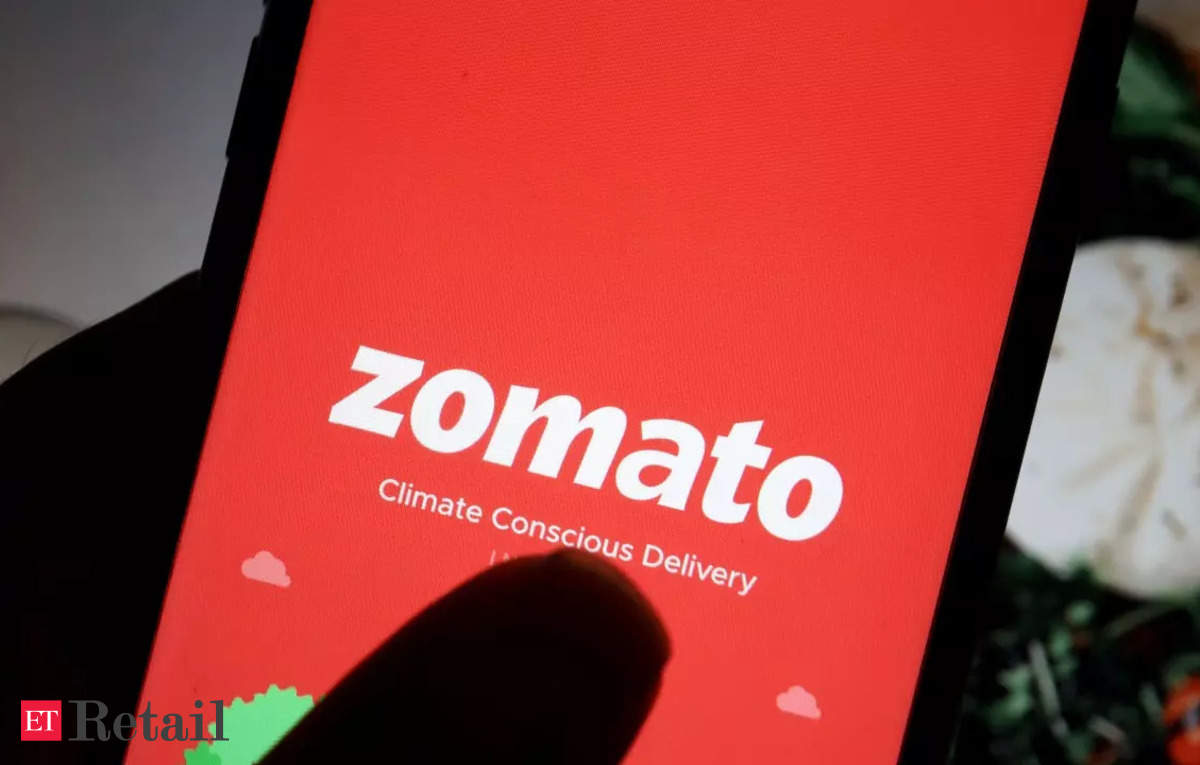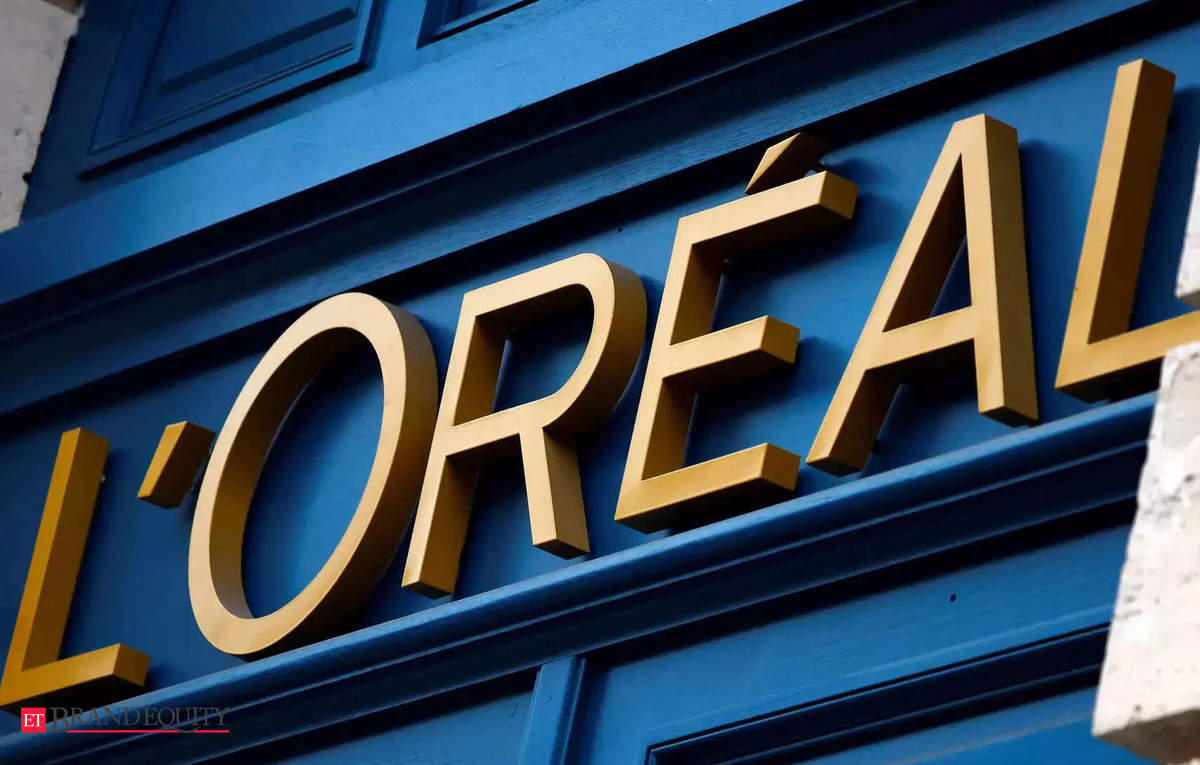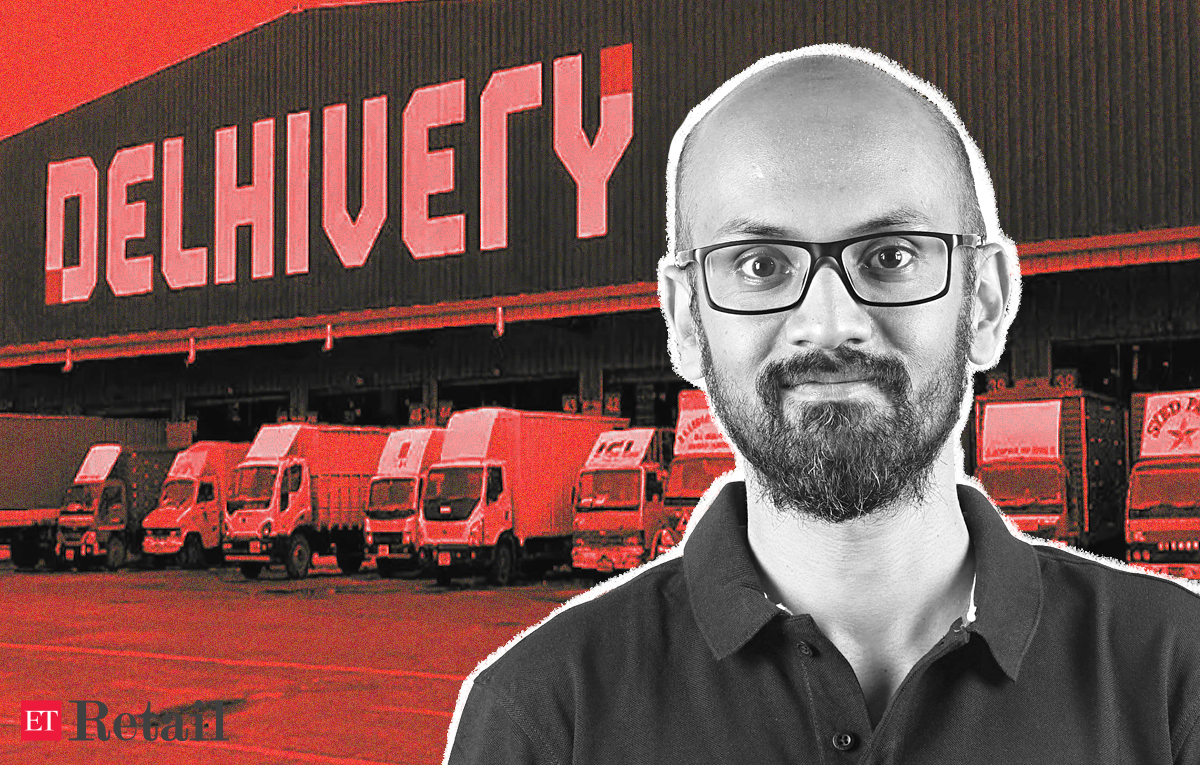- Musings From Deepak @ DSG Consumer Partners
- Posts
- Deepak's Musings #153: The coffee segment continues to grow across India & Southeast Asia
Deepak's Musings #153: The coffee segment continues to grow across India & Southeast Asia
⚡ Brands rethink distribution and partner with Q-com as consumer behaviour evolves
I am interested in all things consumer and insurgent brands. In my newsletter, I share what I read, think about, and reflect upon. You can follow me on Twitter at @dishahdadpuri or DSG Consumer Partners at @dsgcp.
p.s. You can click any summary link to read the full article from its source.

Ugaoo, India’s leading plant brand, believes that plants grow people.
☕ Nestlé wants to double down on coffee
Nestlé has highlighted its coffee business as a key growth driver in Asia for 2024. The company's recent strategy focuses on Real Internal Growth (RIG), emphasizing volume and product innovation rather than price increases. In the first half of 2024, Nestlé achieved a 2.1% RIG, with coffee being the largest contributor, especially through its Nescafé, Nespresso, and Starbucks brands.
☕ ZUS: Malaysia’s leading coffeehouse brand
Five of Malaysia's top seven coffee chains are local, with ZUS Coffee being the market leader. I expect other countries to follow a similar trend as we look at the category in Southeast Asia and India.

🦉 Portfolio spotlight: Sleepy Owl Instant Coffee…….again
I absolutely love this new Sleepy Owl Coffee video featuring co-founder Arman Sood.
⚡ Brands rethink distribution and partner with Q-com as consumer behaviour evolves
I got Q-com wrong. Q-com now allows brands to leverage instant gratification to be discovered and trialled via their platform. Several DSG Consumer Partners portfolio companies across categories are taking advantage of this.
Redseer argues that Q-com is transforming the RTD beverage market by catering to immediate consumer needs and enhancing accessibility. This shift is driven by the demand for instant gratification and convenience, with quick commerce platforms offering a wide variety of RTD beverages delivered within minutes. As a result, brands are rethinking their distribution strategies, focusing on partnerships with quick commerce players to capture this growing consumer segment and redefine refreshment in the RTD market.
🧳 The wealthy are spending more on travelling and experiences and less on material goods
Travel spending is set to rise while spending on designer clothes, accessories, watches, and premium spirits is expected to decline. Most HNWs value unique experiences and are increasingly interested in sustainable and authentic brands. Women prefer online shopping and social media for purchases, while men see luxury vehicles as a success symbol.
📱 Can Zomato make its new District app work?
District aims to consolidate various "going-out" activities under one platform, positioning Zomato as a competitor to apps like BookMyShow and Eazydiner. Zomato has a strong track record of success in food delivery and Q-comm. But can it succeed in this new space with already established specialised and entrenched players?
🍻 Brewlander continues to champion the market for craft beer
Brewnanza Fest is back for its second edition with a new venue and expanded format when it takes place from 22-25 August 2024. First introduced in 2023, Brewnanza Fest – organised by leading Singapore craft brewery Brewlander – is Singapore’s largest celebration of craft beers. This year, with the support of the Singapore Tourism Board, the festival will continue to shine the spotlight on local, regional and international craft beer breweries.
🫱🏼🫲🏾 India’s consumer venture ecosystem continues to grow
They say it takes a village to raise a child. In the same way, we need a broader and stronger ecosystem to help develop India's next generation of consumer brands. Manu Chandra and the fund he runs, Sauce.vc, have been important players in the ecosystem, and I am glad to see them continue to build and be part of the dynamic ecosystem.
🩺 Nestlé India x Dr Reddy’s nutritional health JV
Very interesting! Nestlé India and Dr Reddy's Laboratories will own 49% and 51%, respectively. The JV focuses on nutritional health solutions, offering products in medical nutrition, specialized nutrition, nutraceuticals, and supplements.
The opportunity in nutritional health and OTC consumer healthcare is huge.
👩🏾 History lesson: Did you know L’Oreal sold its stake in Galderma in 2014 and is now buying back a piece of it?
It's time for a history lesson for those interested in BPC. What is particularly interesting is that Galderma was originally established in 1981 as a joint venture between Nestlé and L'Oreal to “deliver innovative medical solutions for the health of skin, hair, and nails.” In 2014, Nestlé acquired L'Oréal's stake in the joint venture, making Galderma a wholly-owned subsidiary of Nestlé. In 2019, Nestlé sold Nestlé Skin Health, including Galderma, to a consortium led by PE giant EQT.
Now, in 2024, 10 years after L'Oréal sold its stake, it is acquiring a 10% stake.
💊 The case for gummy supplements
There is an ongoing debate on gummies as a form factor for supplements. Experts believe the category will continue to grow, especially with better sugar alternatives and the increasing demand for children's supplements. What I see is that supplement companies offer various delivery mechanisms, from capsules to powders to liquids, depending on the product. For example DSGCP portfolio company Youvit has introduced some products in a powder format in addition to its core gummy products. I am seeing the same trend in India.
🪴 Portfolio spotlight: Welcome to the Ugaoo farm
Ugaoo founder and CEO Siddhant Bhalinge takes us behind the scenes at Ugaoo’s lush farm in Talegaon, on the outskirts of Pune, to not only meet Rani and Lakshmi (Ugaoo’s friendly cows) but also show you where Ugaoo plants are grown with such care and patience.
P.S. Over 70% of Ugaoo’s workforce consists of tribal women from the surrounding area, contributing to both it’s mission and their community's empowerment.
⚡ Is Q-com is only sustainable for groceries and CPG?
In an interview, Delhivery CEO Sahil Barua discusses how quick commerce is impacting the market share of traditional kirana stores more than it is affecting e-commerce. While acknowledging the rapid rise of quick commerce, Barua expresses scepticism about its long-term sustainability beyond groceries and fast-moving consumer goods. He also outlines Delhivery's strategic focus on launching a shared dark store network for 2-4 hour deliveries rather than pursuing ultra-fast deliveries.
📰 Select funding & deal news
Funding and deal news that caught my attention

















Reply